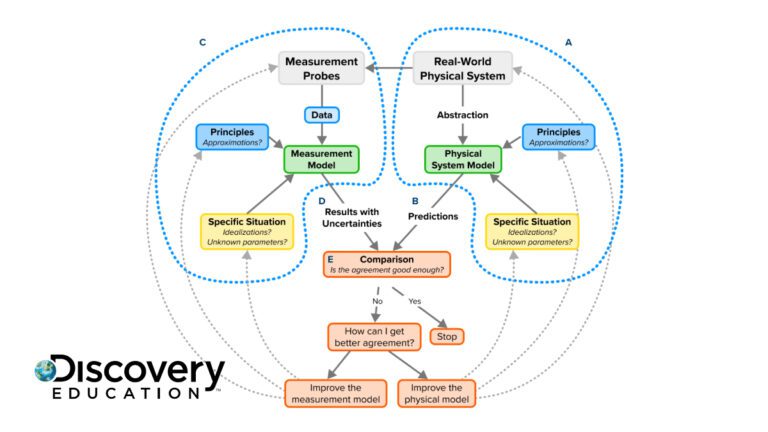Research & Impact
Discover data-driven research and efficacy reports that show how Discovery Education supports student growth and learning outcomes.
Featured Resource
See why K-8 students whose DreamBox Math usage was higher performed better on end-of-year math assessments across multiple subgroups.
No posts found
Latest Resources
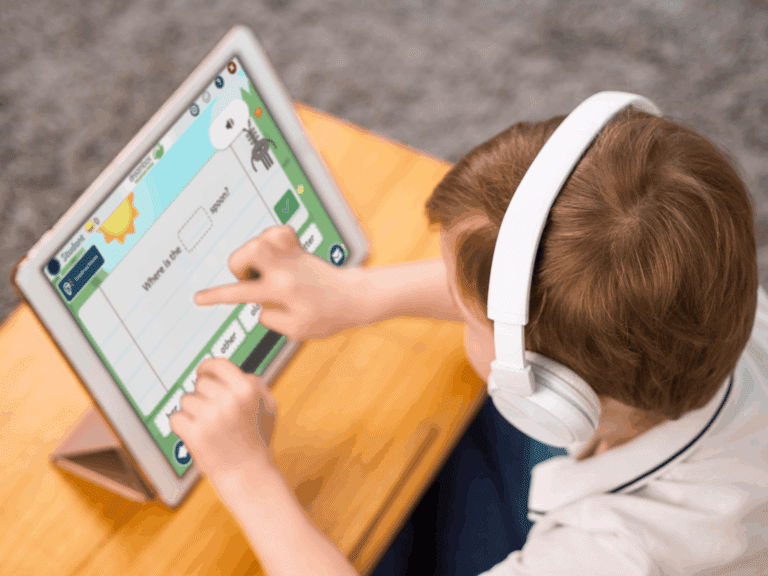
Students who used DreamBox Math at either moderate or high frequency both had significantly higher assessment...

Learn how K–5 students using DreamBox Math scored significantly higher on NWEA MAP and state assessments—regardless...

Explore how one South Carolina district examined Reading Plus usage and its relationship to student performance...
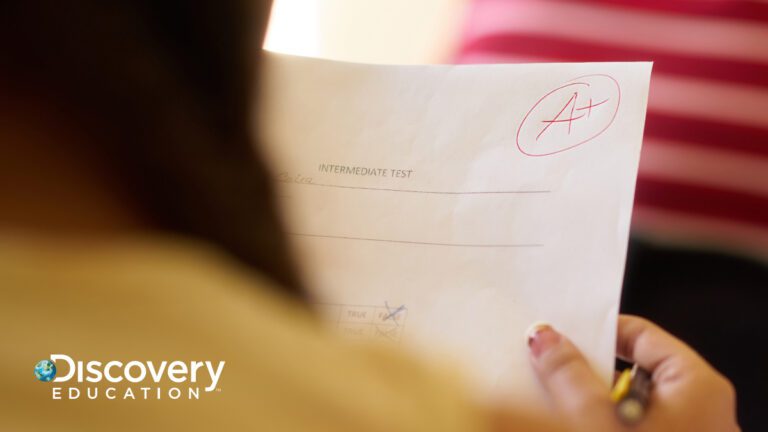
See how Discovery Education’s K-12 digital tools are connected to improvements in student outcomes—across...

Schools with 20+ teachers and 20+ students using Experience across two years saw significant gains in...

Explore the logic model behind Science Techbook—an ESSA Tier IV framework that lays the groundwork for...

Explore how Social Studies Techbook's logic model aligns with ESSA Tier IV standards, outlining its framework...

See why K-8 students whose DreamBox Math usage was higher performed better on end-of-year math assessments...

Osceola County found DreamBox Math boosted FSA scores and proved a “highly successful intervention” with...

Learn why DreamBox Reading earned ESSA’s highest evidence rating, backed by research on its impact for...

Harvard found that 20 minutes/week on DreamBox Math boosts NWEA MAP scores by 2.5 points—with even greater...
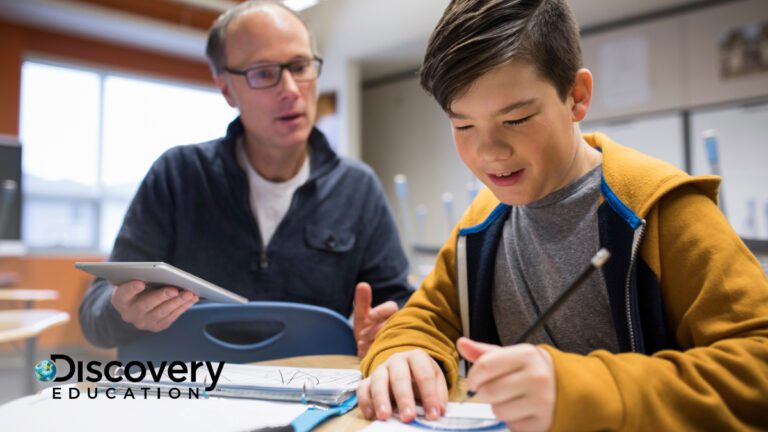
Discover how DreamBox evaluates fairness and bias in its adaptive math engine, using real usage data...

Learn why DreamBox Math earned ESSA’s “Strong” rating—research shows students scored higher than peers,...

See what South Carolina educators shared about using Discovery Education Experience in their classrooms—and...

Peek into how Mystery Science is built on an ESSA-aligned logic model—a research-backed blueprint shaping...

Explore how Mystery Writing's logic model aligns with ESSA Tier IV standards, outlining its framework...
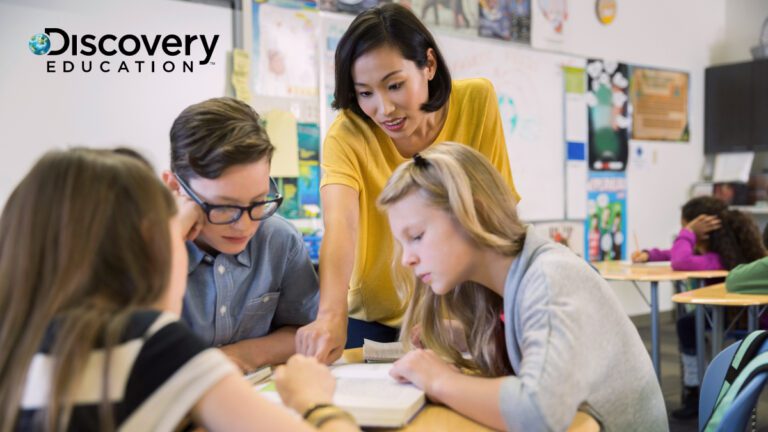
Discover how Reading Plus explores the link between motivation (interest and confidence) and reading...

William Penn's K–6 students who used DreamBox Math achieved significantly higher spring math scores—with...

In just eight weeks, K–5 students completing 5+ DreamBox lessons per week gained over 5 national percentile...

Analysis of 100K+ K–8 learners shows DreamBox Math improves math proficiency across environments and...
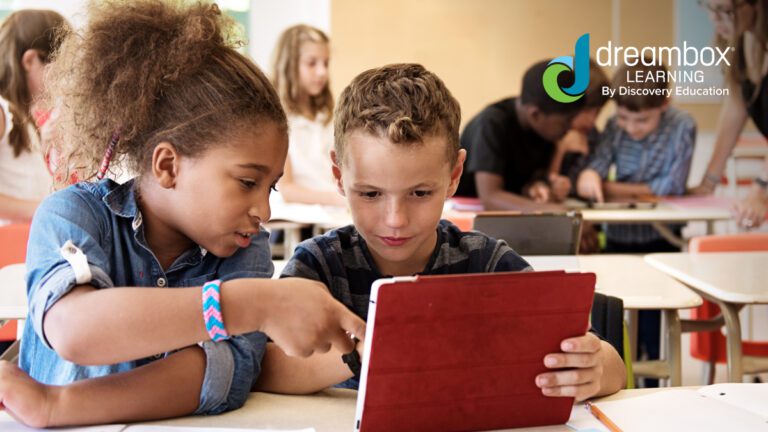
Discover DreamBox Reading’s ESSA‑aligned logic model (Level IV) that lays the groundwork for future evidence...

See how DoodleMath’s ESSA-aligned logic model supports effective math learning and provides a framework...
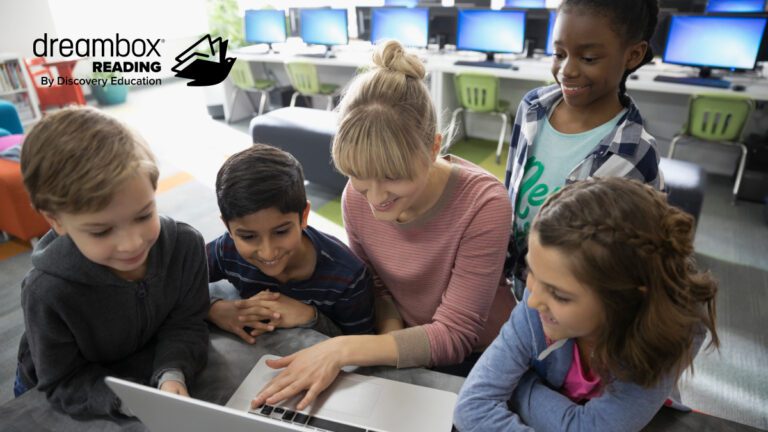
The Reading Plus InSight assessment earned NCII’s top “convincing evidence” rating for validity, reliability,...

ELL students in Napa Valley gained 8 percentile points on year-end math tests when using DreamBox Math...
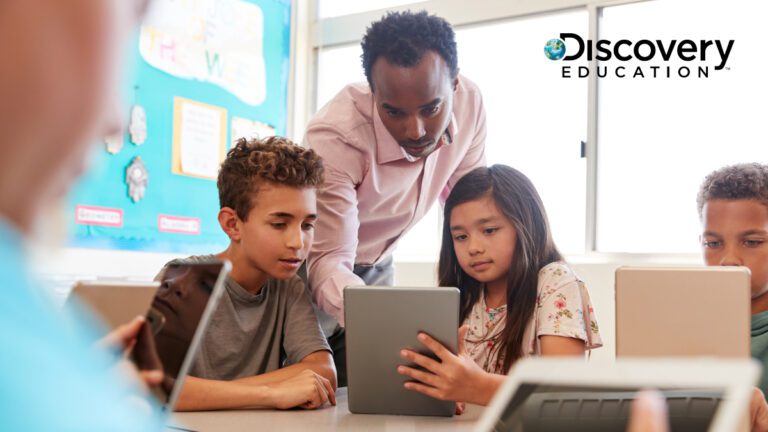
See how Discovery Education products in Florida schools relate to state assessment gains across subjects—via...

See how Discovery Education partner schools in North Carolina compared to non-partner schools on key...
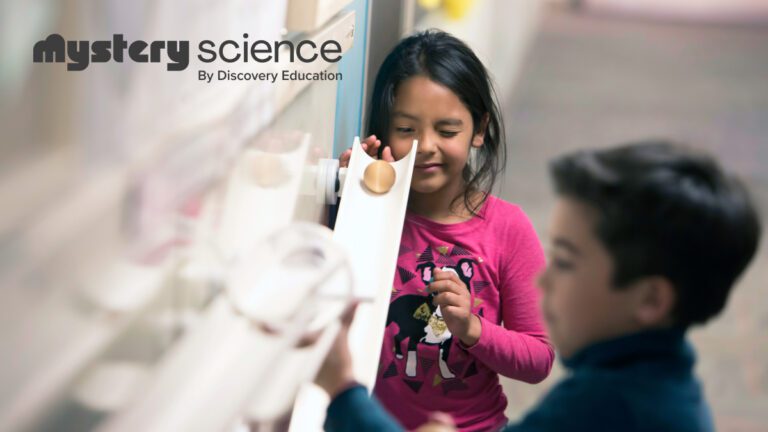
See how Mystery Science’s theory of action connects engaging lessons to measurable outcomes, guiding...
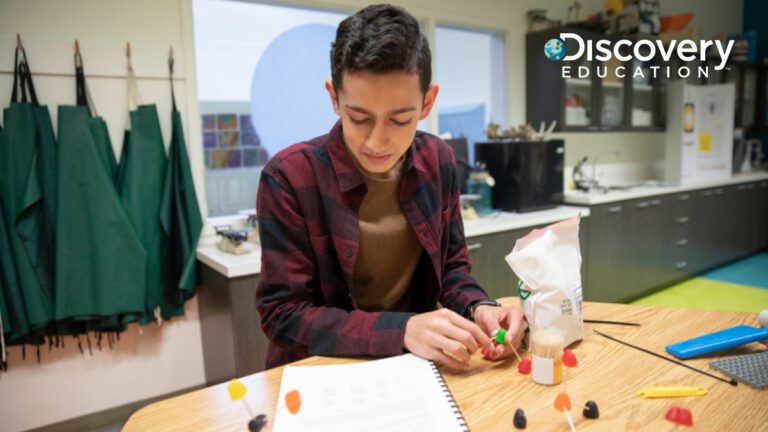
See how schools using Discovery Education in Texas showed stronger performance on state assessments across...

Explore how a district partnership with Discovery Education and Freeport-McMoRan aimed to elevate K–8...

Explore the strategy behind Discovery Education Experience through its ESSA Tier IV logic model—designed...

A McREL study of Sahuarita middle schools shows how educators used Science Techbook to enhance instruction...

Discover how Project STEM in Bellevue, NE explored new approaches to enhance elementary STEM education—especially...
No resources found with the current combination of filters.


